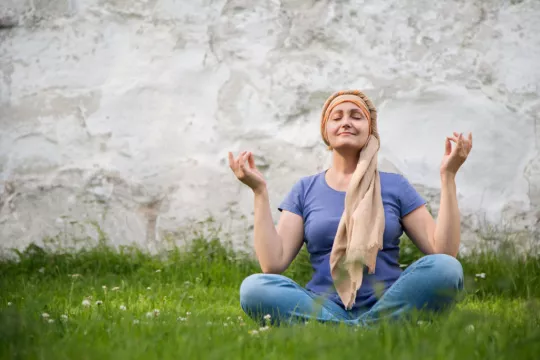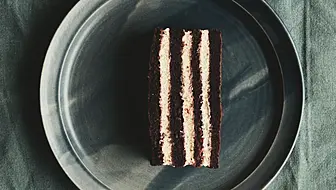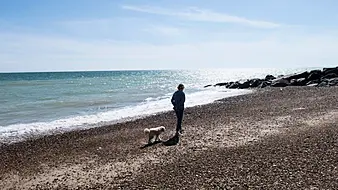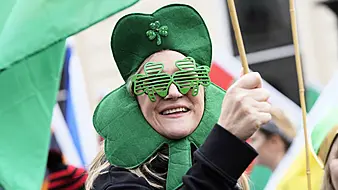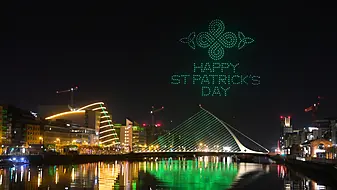Many of us like nothing better than a small drink after a stressful day at work – and we might have felt a bit smug about it, since studies have indicated low levels of alcohol could even be beneficial to our health.
But now new research from Anglia Ruskin University has cast doubt on this hope.
Researchers, who analysed data from 446,439 participants in a UK study over an average of seven years, found low-level consumption of beer, cider and spirits was associated with an increased risk of cardiovascular events, coronary heart disease, cerebrovascular disease such as stroke, cancer, and overall mortality.
“Our findings show that even low levels of alcohol consumption can be damaging to our health,” stresses Schutte.
Dr Niall Campbell, a consultant psychiatrist and addiction expert at the Priory Group, says: “We’re living in stressful times and sadly more people are turning to drinking as a way to relax. However, alcohol does not, in reality, relieve stress, and can often bring more problems than it solves.
“Giving up alcohol means you’ll feel fresher and have a greater sense of wellbeing, and you should see this as an opportunity to lead a happier and more productive life.”
And Stephen Buckley, head of information at the mental health charity Mind adds: “Stepping away from something stressful for a few minutes or taking time away from your normal routines and thoughts can give you enough space and distance to feel calmer.”
So what are the healthiest ways to unwind after a stressful period, without a glass of booze?
1. Try active relaxation
A bit of physical activity can help you unwind. We’re not saying you need to do a two-hour high-intensity workout, but just going for a leisurely walk, or doing a spot of yoga or Pilates can get those feel-good endorphins flowing and relieve stress.
Dr Campbell says: “I try to encourage my patients to get onto an exercise programme, like Couch to 5k. Something with achievable goals is an excellent way to relax, feel better and get healthier.”
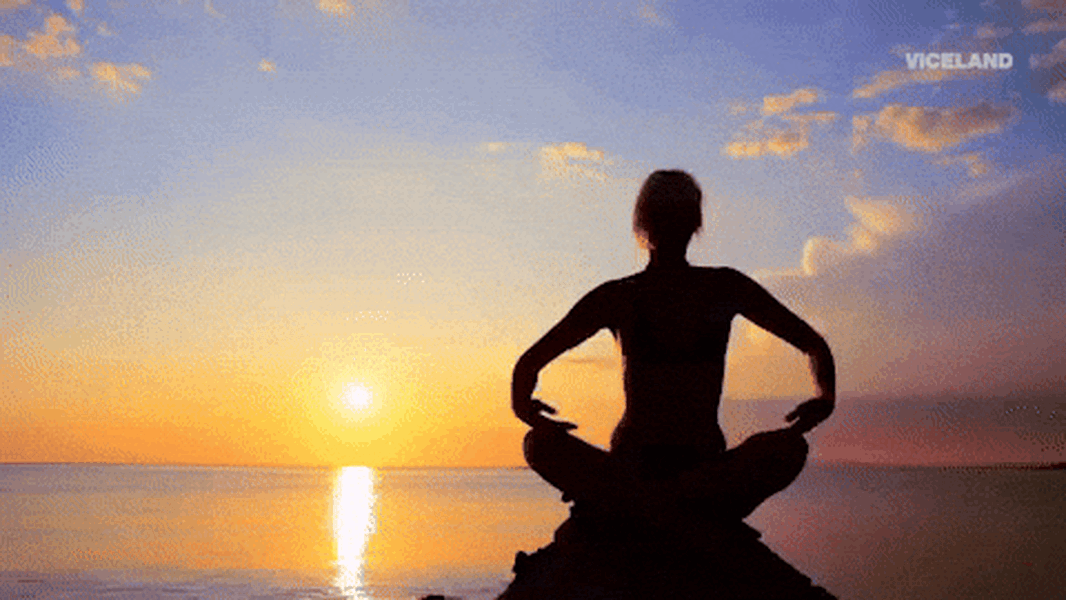
And Buckley adds: “Exercise and getting outside for some fresh air can be beneficial for our mental health. If you have any time spare, try some exercise at home, whether that’s an online workout, or even just cleaning, dancing or using the stairs.”
2. And breathe…
Don’t dismiss breathing exercises – Mind says deep breathing can help you feel a lot calmer. Just try to relax your body and breathe in through your nose and out through your mouth, slowly counting as you breathe in and out.
3. Crafty relaxation
You might think you’re rubbish at art or crafts, but why not give it a go – getting creative can be very calming, promises Mind. Why not try painting, drawing, crafting (try making your own cards, or using modelling clay to create ornaments, for example), playing a musical instrument, or sewing?
4. Get outside

If you’ve been getting stressed at your desk, there’s nothing better than getting outside after you’ve finished work, and enjoying green space. If you live near countryside, unwind by going for a short walk through local woods and fields, or just the local park, breathing in the fresh air and taking time to notice trees, flowers and plants. And if you feel too tired to go far, you could try a spot of gardening.
“Think about doing things like gardening or DIY, where you can gain a sense of satisfaction from a job well done,” says Dr Campbell. “That’s a much better way to relieve stress than drinking.”
5. Listen to music

Mind points out that listening to music – any kind, from classical to your favourite rap song – can help you relax, and distract you from worrying thoughts. So just sit down and stream a few of your favourite tunes, or turn up the volume and dance around your kitchen – dancing can be a real release for some people, and it’s difficult to dance with a glass of booze in your hand!
6. Turn off the tech
Being connected 24/7 can really ramp up our stress levels, so switch off your phone and laptop and just go incommunicado for a short (or long) time. Instead of answering messages or e-mails, use your tech-free time to try alcohol-free relaxation techniques.
